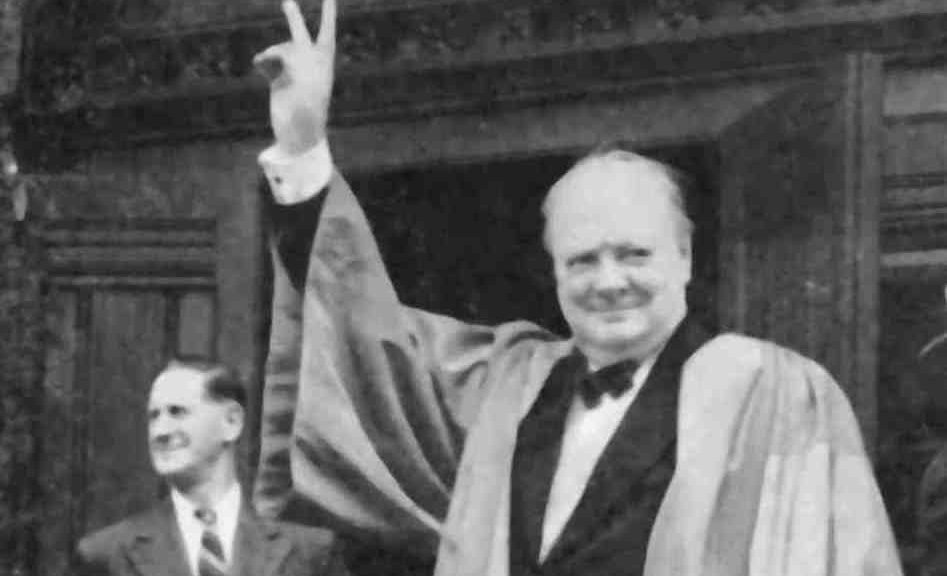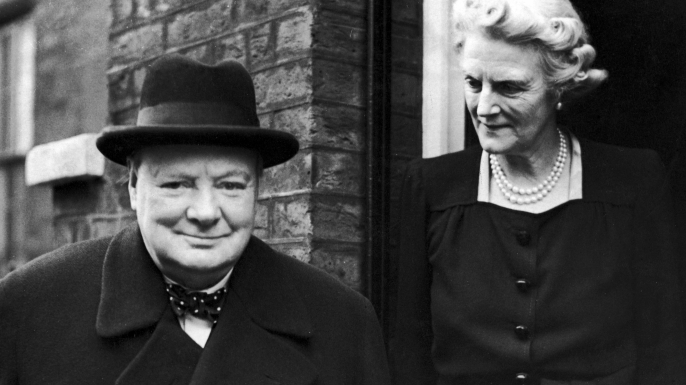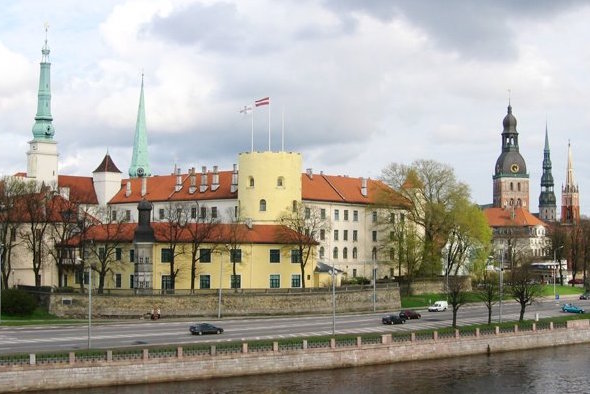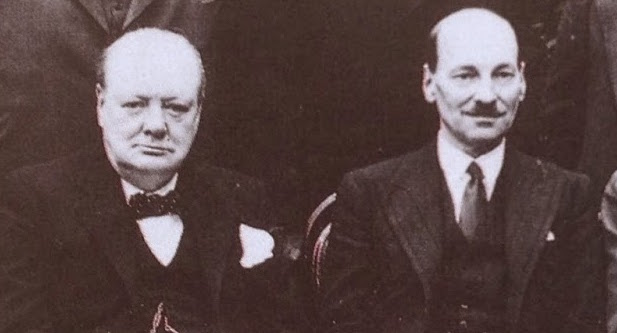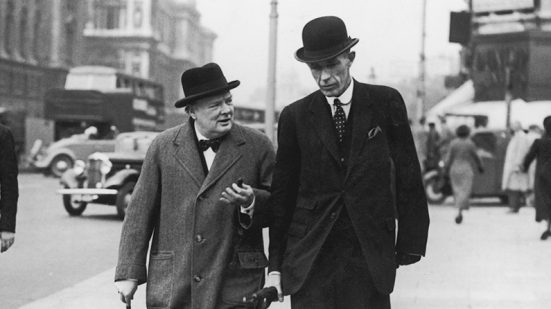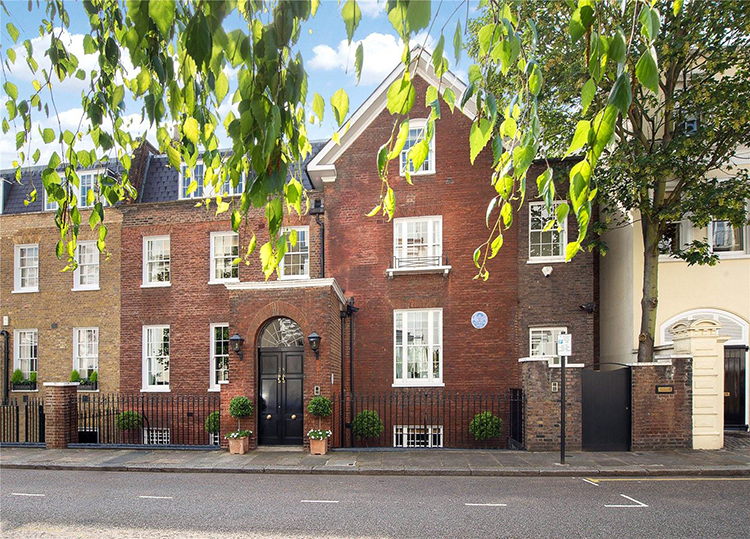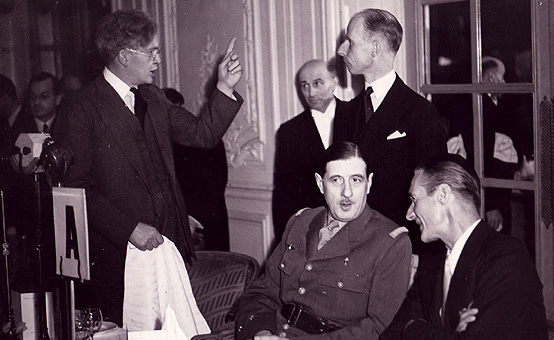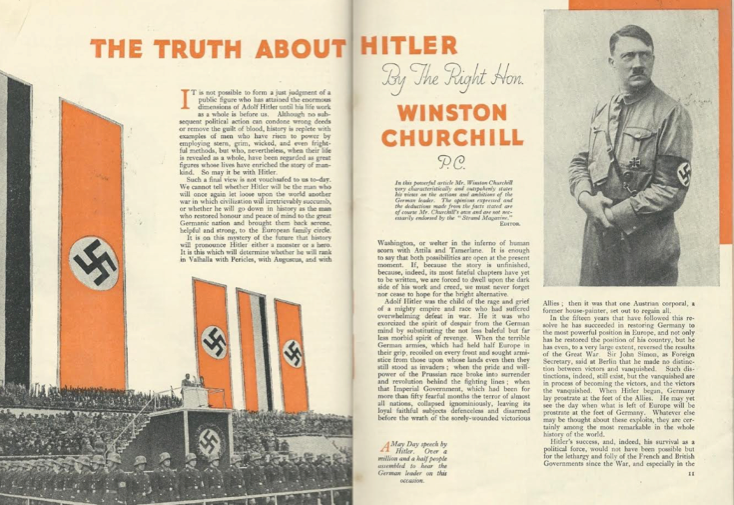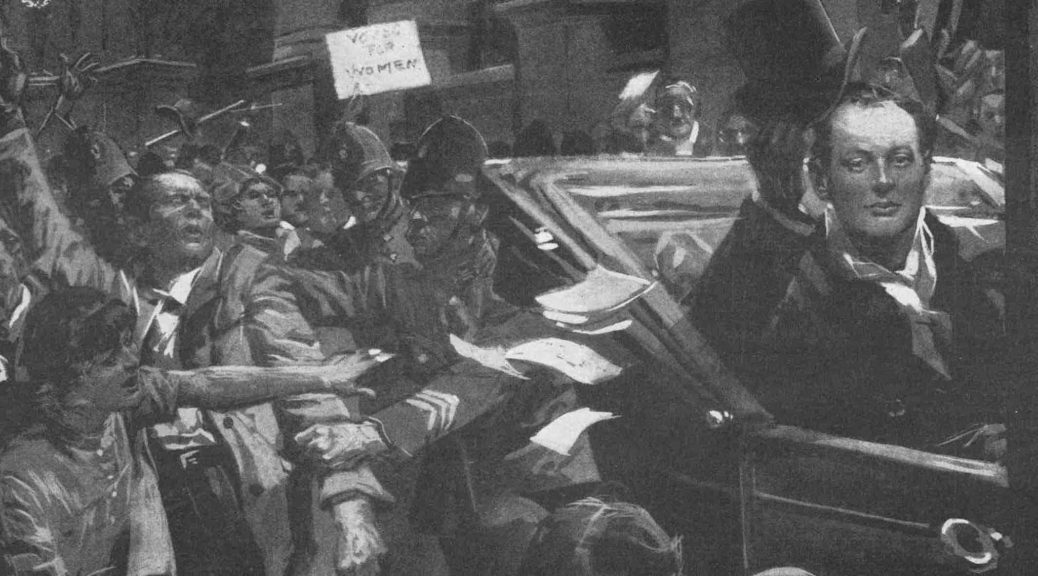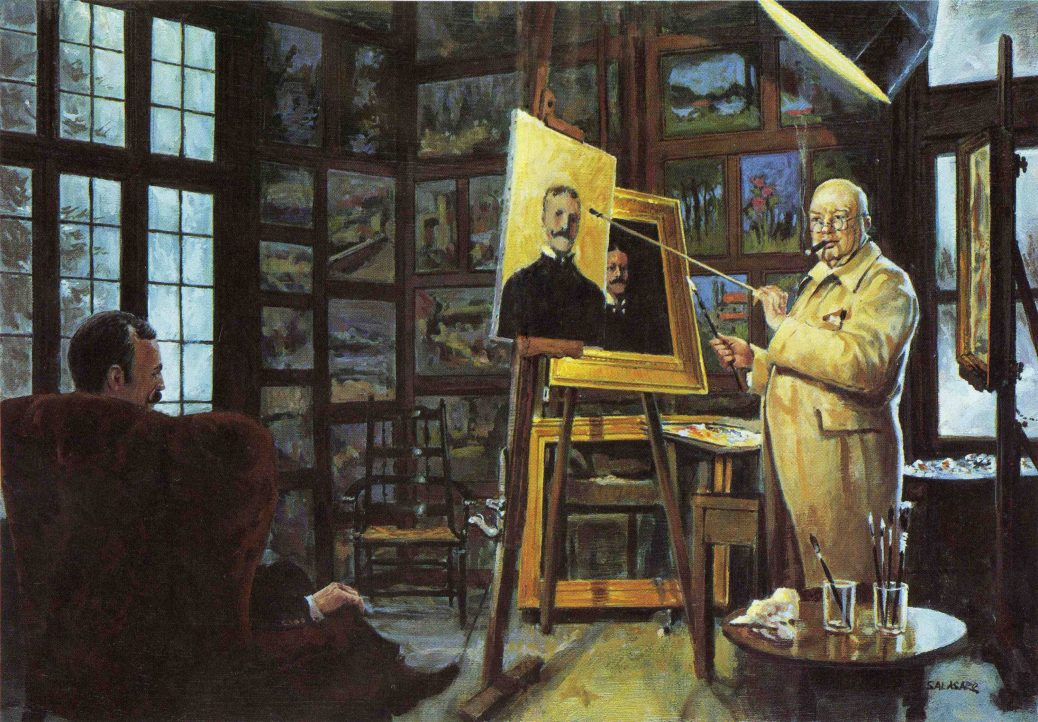
Introduction to “The Dream”: Churchill’s Haunting Short Story
The Dream is republished (from Never Despair 1945-1965, Volume 8 of the official biography) by the Hillsdale College Churchill Project. To read it in its entirety, click here.
The Dream…… is the most mysterious and ethereal story Winston Churchill ever wrote. Yet the more we know about him, the better we may understand how he came to write it.
Replete with broad-sweep Churchillian narrative, The Dream contains many references to now-obscure people, places and things. The new online version published by Hillsdale provides links to all of them. You need only click on any unfamiliar name or term for links to online references.…
